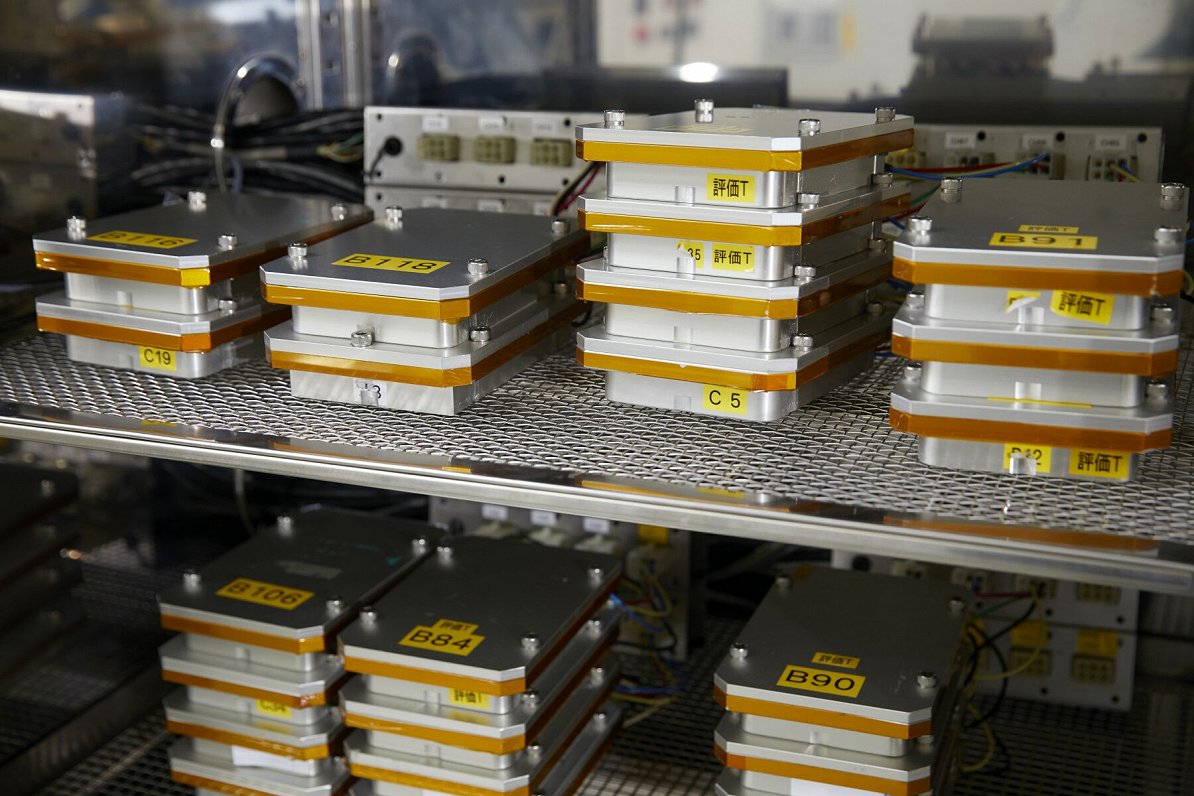This is one of the greatest scientific accomplishments over the last year in Latvia, and could allow phones to work longer, as well as electric cars to drive further. Last year's Nobel Prize in Chemistry was awarded to John Goodenough, M. Stanley Whittingham and Akira Yoshino for the development of lithium-ion batteries.
“The batteries that they discovered and can currently be bought at the market are 4 volt batteries. Batteries are currently a 250 billion dollar yearly market. They're everywhere, clocks, laptops, electric cars,” said Eglītis.
His new batteries are more powerful than the ones currently on the market. It took the scientist 20 years of work to create this battery, including time at universities in Singapore, the US, China and Germany.
“We're the first ones in the world that can see the opportunity to create a new 5 volt battery using a new 5 volt cathode material – Li2CoMn3O8. The economic effects of this new material are huge," continued Eglītis.
Our scientists have theoretically proved that it's really possible to create such batteries that contain up to 20% more energy, without increasing production costs. Several respectable scientific journals have already published the results of the research.
"Such prominent theoretical works are very important so that we can start new projects and move from theory to technology, to create materials and continue testing them" said Latvian Academy of Sciences academic Juris Purāns.
"Product implementation usually takes 5-10 years. Tesla has a secret laboratory in America, I presume that they're already using our new material in their secret laboratory," said Eglītis.
Eglītis and his colleagues at the institute have at the same time developed a method for producing solar batteries more effectively in the future.





























